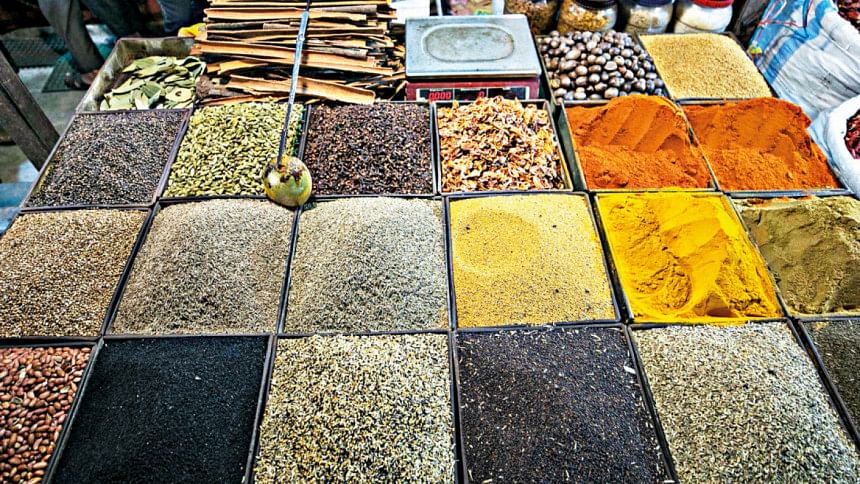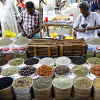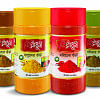Smuggled consignments meet half of local spice demand

The abundance of foreign spices and dry fruits in the market suggests that illegal imports are playing a significant role, as imports through formal channels are substantially lower than the demand in Bangladesh.
A review of import data for the fiscal year 2023–24 reveals that more than 50 percent of most products are being imported illegally or through misdeclarations, according to a report by the Bangladesh Trade and Tariff Commission (BTTC).
The annual demand for cumin in the country is 60,000 tonnes. About 34,000 tonnes were imported legally in the fiscal year 2023–24, the report stated.
Since cumin is not produced domestically and there was no shortage of cumin in the country, this indicates that 26,000 tonnes were imported illegally, it said.
Like cumin, three other spices—cardamom, cinnamon, and cloves—have also been imported in quantities insufficient to meet demand for years.
The BTTC noted that the import deficit for these four spices combined is 43 percent of their total demand.
In addition to spices, the BTTC also highlighted informal trade involving five types of dry fruits.
These five dry fruits are raisins, cashew nuts, peanuts, pistachios, and prunes. These dried fruits are in demand for enhancing the flavour of food and are valued as healthy food items.
The BTTC report revealed that the combined demand for nine spices and dry fruits is 1.24 lakh tonnes, while only about 68,000 tonnes were legally imported last fiscal year.
This leaves a deficit of 56,000 tonnes, which entered the market through informal channels. The retail value of these nine products smuggled into the country is estimated to be around Tk 4,846 crore.
Spice importers in the country have long complained that a significant portion of spices is smuggled in from India.
This is the first time the BTTC has officially highlighted the issue of illegal spice imports in a report, which was sent to the National Board of Revenue (NBR) on January 14 for further action.
Meanwhile, the Ministry of Commerce declared 17 products, including cinnamon, cloves, cardamom, and cumin, as essential goods in July 2012. However, the tax rates on these items remain high.
For example, the duty rate on the import of these four spices is 58.60 percent. This means that if the import price of spices is Tk 100, customs duty amounts to Tk 58.60.
Similarly, dry fruits like raisins, almonds, pistachios, and prunes are also subject to high tax rates, according to the tariff commission's report.
The report stated that the high customs duties and taxes on these spices and dry fruits are leading to increased prices and encouraging smuggling. As a result, the government is not receiving the amount of revenue it should.
To address this, the report proposed reducing the duty rate on four spices—cinnamon, cloves, cardamom, and cumin—as well as raisins and prunes to 27 percent. It also suggested fixing the duty rate for cashew nuts and almonds at around 46 percent.
According to the NBR, the government collected Tk 1,430 crore in revenue from these nine products, including spices, last fiscal year.
The report estimated that if the duty rates are reduced and smuggling is curtailed, the government could collect Tk 1,716 crore in revenue.

 For all latest news, follow The Daily Star's Google News channel.
For all latest news, follow The Daily Star's Google News channel. 







Comments